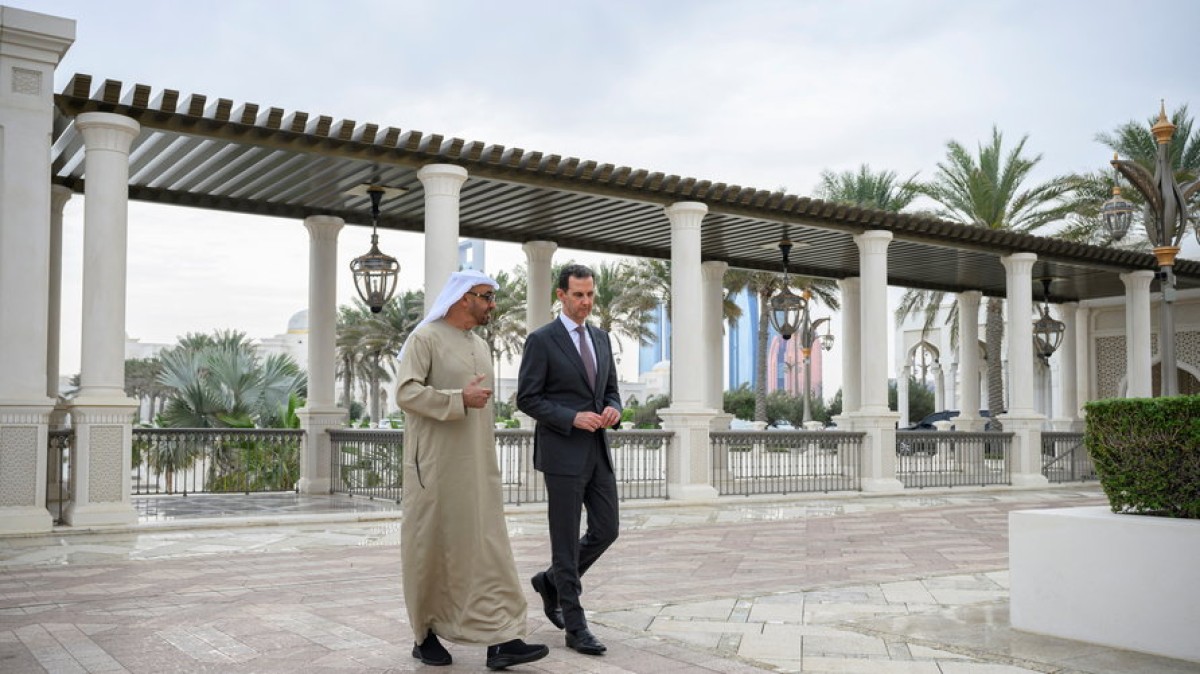The UAE is “concerned” about the Islamic affiliations of the factions that toppled Assad


A high-ranking Emirati official expressed, on Saturday, "concern" about the Islamic affiliations of the armed Syrian factions that toppled President Bashar al-Assad and assumed power in Damascus, led by Hay'at Tahrir al-Sham.
Anwar Gargash, diplomatic advisor to the Emirati president, said during a speech at the “Global Policy Conference” in Abu Dhabi, “We hear reasonable and rational statements about unity, and not imposing a regime on all Syrians, but on the other hand, I believe that the nature of the new powers, their connection to the Brotherhood, and their connection Al-Qaeda, these are all very worrying indicators.”
Gargash added, "We must be optimistic on the one hand and help the Syrians in the difficult task today, but at the same time we cannot ignore that the region has witnessed similar episodes previously, so we must be careful."
Hay’at Tahrir al-Sham, led by Abu Muhammad al-Julani, who began using his real name, Ahmed al-Shara, announced that it had ended its association with Al-Qaeda in 2016. However, the group is still classified as a “terrorist organization” in many Western countries, most notably the United States.
Last Sunday, Gargash considered that Syria “is not yet safe, and that the presence of extremism and terrorism is still a major source of concern.”
Gargash attributed Assad's fall to political failure and said that he did not take advantage of a "lifeline" offered to him by several Arab countries before.
He continued, "There was a major failure basically, fundamentally in administration and policies, because Assad did not really take advantage of a kind of lifeline provided by various Arab countries, including the UAE, and he did not take advantage of it to move forward in the constitutional discussions that were taking place."
The UAE confirmed on Monday, in its first official comment on the fall of Assad, its concern for the unity of Syria, the integrity of the national state, and ensuring security and stability for the Syrian people.
It stressed the need to protect the Syrian national state with all its institutions, and not slide into chaos and instability.
The UAE hoped to distance Assad from Iran, and played a leading role in resuming his relations with Arab countries that had distanced themselves from him after he accepted help from Iran and Russia to suppress the opposition.